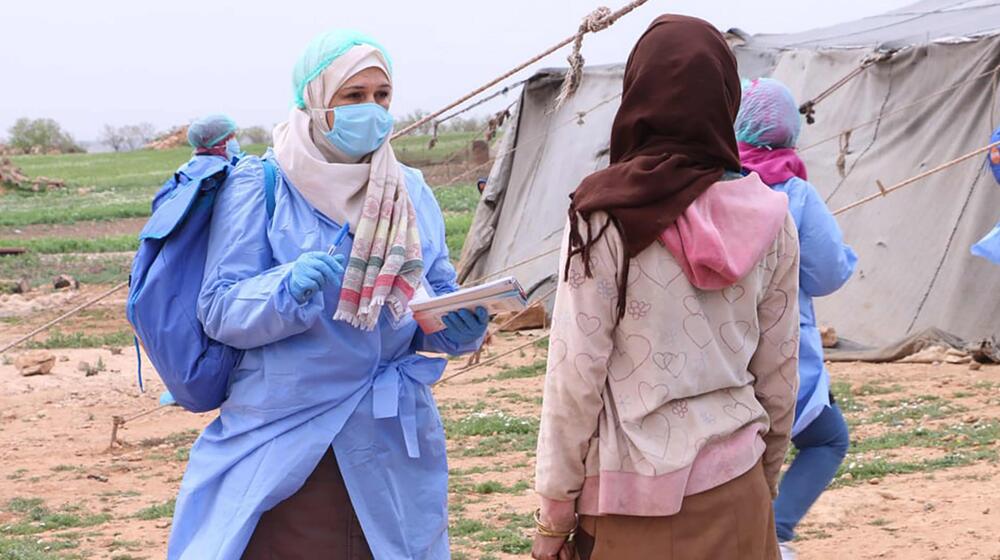United Nations: Sexual violence in conflict settings remains widespread and systematic

Sexual violence in conflict settings remains widespread and systematic, a recent report by the United Nations Secretary-General found, fuelled by “rising inequality, increased militarisation, reduced civic space and the illicit flow of small arms and light weapons, among other factors.”
Conflict-related sexual violence – including assault, rape, forced marriage, trafficking, sexual slavery, forced sterilisation, forced abortion other forms of sexual coercion – is used to instil fear, pain, suffering and censorship in its targets. Survivors, as well as their families, endure long-term consequences, from post-traumatic stress, unintended pregnancies, sexually transmitted infections and social stigma to the threat of retaliation should they seek legal advice or report the attacks.
As crises proliferate and conflicts drag on, more women and girls are telling UNFPA that violence against them is becoming “normalized” – a disturbing and growing collective acceptance of this crime, usually while both protection mechanisms and legal accountability for perpetrators crumble in the chaos of conflict. Against the backdrop of ongoing political and security crises, compounded by trends of militarisation and the proliferation of arms, sexual violence continued to be employed as a tactic of war, torture and terrorism.
Access to healthcare, including psychosocial and sexual and reproductive health services, is severely disrupted in conflict settings, while humanitarian delivery of essential services is fraught with challenges. From pervasive instability to destroyed roads and infrastructure and obstructed access, those most in need are most often the hardest to reach. Even when services are available, survivors may be afraid to seek them out due to shame or a fear of being ostracized by their communities, or further punished by their attackers.
Entrenched gender inequality is as much a driver of sexual violence as it is a barrier to preventing it. The threat of violence often robs girls of their education, fear shuttering them in their homes to take on ever more onerous household and caregiving duties. Survivors can suffer debilitating injuries and be shunned by society and their families. UNFPA Executive Director Dr. Natalia Kanem described the prevalence of and lack of accountability for sexual violence in conflict as largely “due to the persistence of blatantly discriminatory ideas, including men thinking they are entitled to the ‘spoils’ of war and that women and girls are useable and disposable.”
For every survivor who is able to tell their story, there are thousands who will be forever silent – or silenced. Sexual violence is a vastly under-reported crime even in peacetime. In conflict settings, the barriers to reporting only multiply. Many citizens, journalists and humanitarians who promote accountability or do manage to report these crimes to the world are also persecuted for their work.

